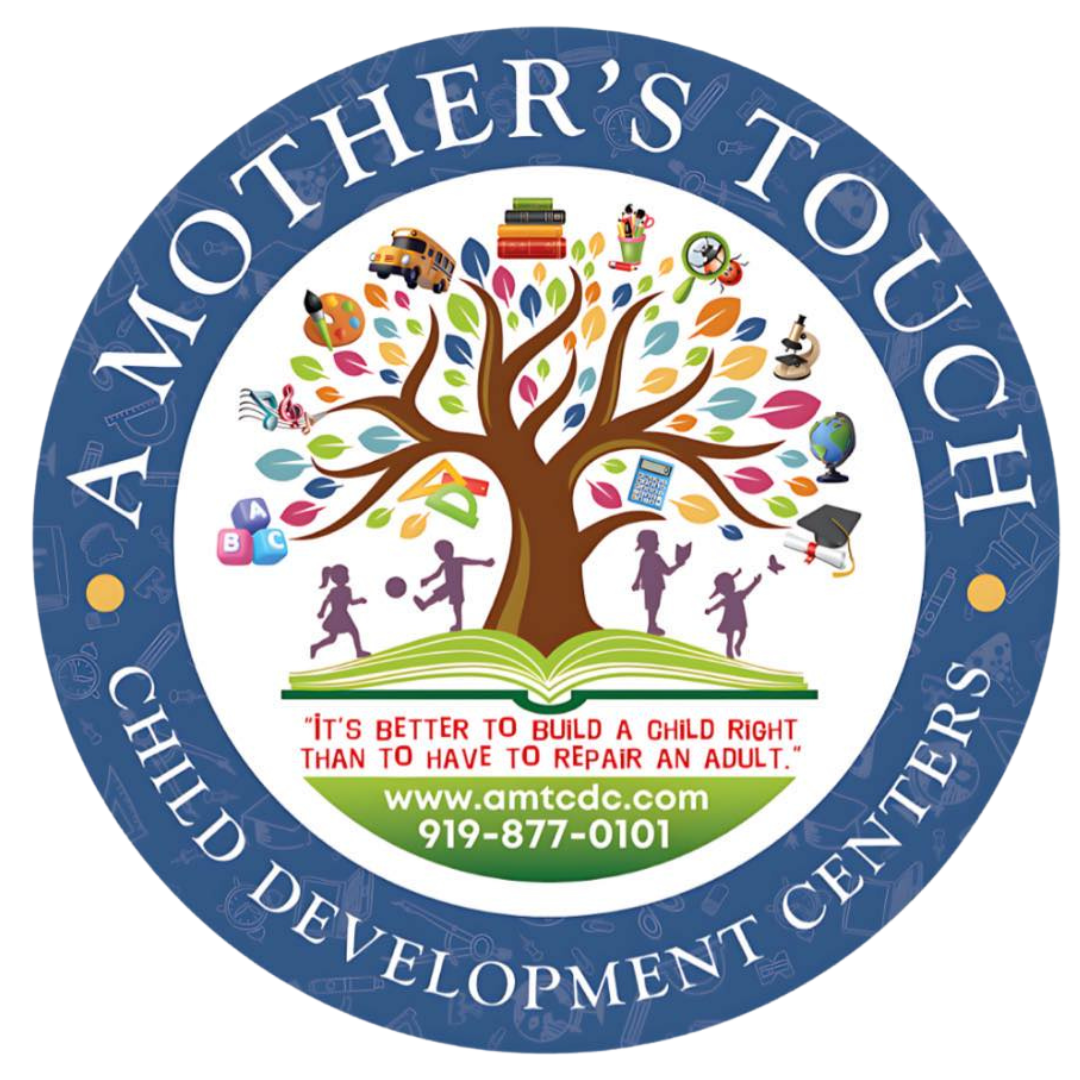Creating strong parent-teacher relationships is one of the most important parts of a child’s early education. These connections form the foundation for better communication, consistent learning experiences, and mutual trust between families and educators. When parents and teachers work together, children benefit from a seamless support system that nurtures academic growth, emotional well-being, and faith-based values , both at home and in the classroom.
The Importance of Parent-Teacher Relationships
A child’s first years of learning set the tone for how they see education throughout their lives. During these formative years, parents and teachers play interconnected roles. Teachers guide children through structured lessons, play, and discovery, while parents reinforce those same lessons at home through conversation, practice, and encouragement.
When both sides communicate regularly, share goals, and respect each other’s perspectives, children thrive. Strong parent-teacher relationships allow for:
- Consistent learning: Children learn more effectively when lessons and values are reinforced both at home and at school.
- Improved communication: Open dialogue helps identify each child’s strengths, needs, and unique learning styles.
- Greater confidence: Kids feel secure knowing that their parents and teachers are on the same team.
- Stronger community: Collaboration builds a sense of belonging and shared purpose between families and educators.
Building Trust Through Communication
Establishing Open Channels
Communication is the cornerstone of strong relationships. Teachers and parents should have multiple ways to connect , whether through in-person meetings, email updates, or parent portals. At our daycare, we encourage daily check-ins during drop-off and pick-up, giving parents quick insights into their child’s day and progress.
Consistency matters. Regular updates keep parents informed, while also giving teachers valuable feedback about what’s working at home. This creates a loop of shared understanding that supports the child’s development from every angle.
Active Listening
Communication is not only about sharing information , it’s about listening with empathy. When parents express concerns or teachers share observations, both sides should feel heard and respected. Active listening helps prevent misunderstandings and shows that everyone involved truly values the child’s well-being.
Aligning on Educational Goals
Early education is about more than ABCs and 123s , it’s about helping children grow socially, emotionally, and spiritually. Parents and teachers should discuss what skills and values they want to prioritize.
At a Christian daycare like ours, these goals often include compassion, gratitude, patience, and a love of learning guided by faith. By aligning on these objectives, parents and teachers ensure that lessons learned at school are reinforced at home , and vice versa.
Setting Shared Expectations
When goals are clearly defined, children benefit from consistency. Parents know what’s being taught and can continue those lessons through daily routines. Teachers, in turn, gain insight into what children are learning at home. This shared understanding makes learning smoother and more meaningful.
Encouraging Parental Involvement
Participation in Classroom Activities
Children love seeing their parents involved in their learning world. Even small gestures, like volunteering during storytime or helping organize a classroom event, can make a big impact. It helps children feel proud, strengthens community bonds, and fosters appreciation for education.
Celebrating Milestones Together
Parent-teacher relationships grow stronger when both sides take time to celebrate achievements , big and small. Whether it’s mastering a new skill, showing kindness to others, or finishing a creative project, shared celebrations help motivate children and remind parents and teachers of the joy in growth.
Navigating Challenges with Grace
Even in the best relationships, challenges can arise. A child may struggle academically, have behavioral ups and downs, or face social adjustments. The key is to approach these challenges as a team rather than as separate sides.
- Stay solution-focused: Conversations should center on how to help the child, not on assigning blame.
- Keep communication respectful: Tone and empathy matter when addressing sensitive issues.
- Lean on shared values: In a Christian setting, faith can guide patience, understanding, and forgiveness.
When challenges are handled collaboratively, relationships actually grow stronger , and children see firsthand how adults model problem-solving and respect.
Creating a Sense of Community
Parent-teacher relationships thrive when everyone feels like part of a community. Daycares that host family nights, parent workshops, or volunteer events create opportunities for families to connect with educators and with one another.
This sense of belonging has a ripple effect. Parents feel more comfortable communicating with teachers. Teachers feel more supported. And children sense that they are part of something bigger , a caring, faith-filled environment that values them deeply.
The Lifelong Impact of Strong Relationships
The bonds built in early education don’t just benefit children today , they shape their future outlook on learning and community. When parents and teachers work together, children internalize powerful lessons about teamwork, trust, and love.
They see adults cooperating toward a shared goal, modeling communication and empathy. These are life lessons that extend far beyond the classroom, helping children become thoughtful, confident, and compassionate individuals.
Final Thoughts
At our North Raleigh Christian daycare, A Mother’s Touch, we believe education is a partnership between families and teachers. Building strong parent-teacher relationships allows us to support every child’s growth intellectually, emotionally, and spiritually. Through open communication, shared goals, and community involvement, we create an environment where every child feels seen, supported, and loved.
Together, we nurture not only young minds but young hearts , building a foundation of trust and faith that will last a lifetime.
Contact Us
Call: (919) 877-0101
Email: ms.netta@amtcdc.com
Hours: Mon-Fri: 5:00 am - 6:30 pm
Address: 1024 Lynn Rd Raleigh, NC
Stay Informed
Follow us on social media for updates from our center, parenting tips, Raleigh family events and more.

Copyright © 2025 A Mother's Touch Child Development Center - All Rights Reserved.
Privacy Policy
